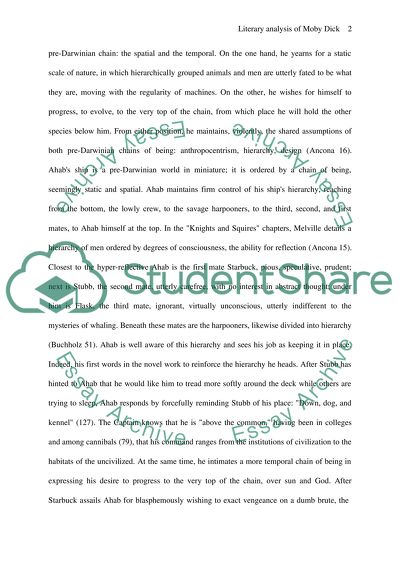Cite this document
(The Call of Solitude Assignment Example | Topics and Well Written Essays - 1000 words, n.d.)
The Call of Solitude Assignment Example | Topics and Well Written Essays - 1000 words. https://studentshare.org/literature/1525500-literary-analysis-of-moby-dick
The Call of Solitude Assignment Example | Topics and Well Written Essays - 1000 words. https://studentshare.org/literature/1525500-literary-analysis-of-moby-dick
(The Call of Solitude Assignment Example | Topics and Well Written Essays - 1000 Words)
The Call of Solitude Assignment Example | Topics and Well Written Essays - 1000 Words. https://studentshare.org/literature/1525500-literary-analysis-of-moby-dick.
The Call of Solitude Assignment Example | Topics and Well Written Essays - 1000 Words. https://studentshare.org/literature/1525500-literary-analysis-of-moby-dick.
“The Call of Solitude Assignment Example | Topics and Well Written Essays - 1000 Words”. https://studentshare.org/literature/1525500-literary-analysis-of-moby-dick.


